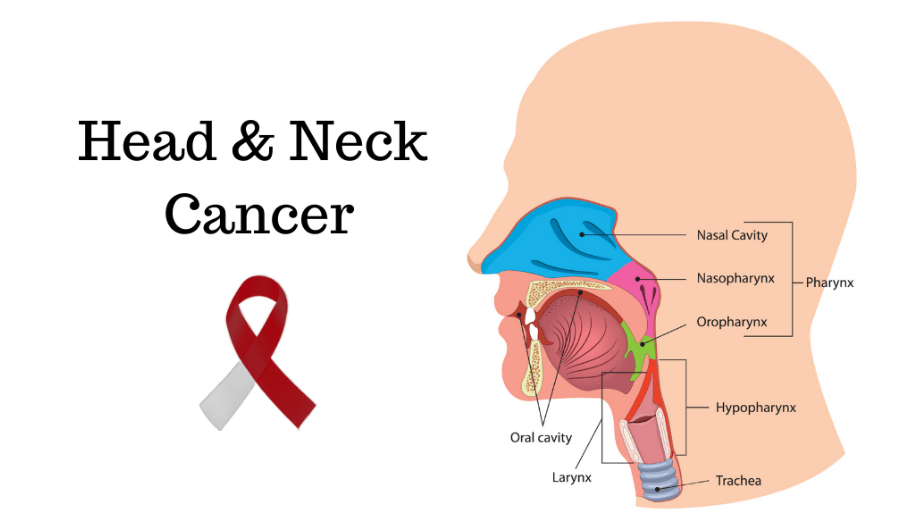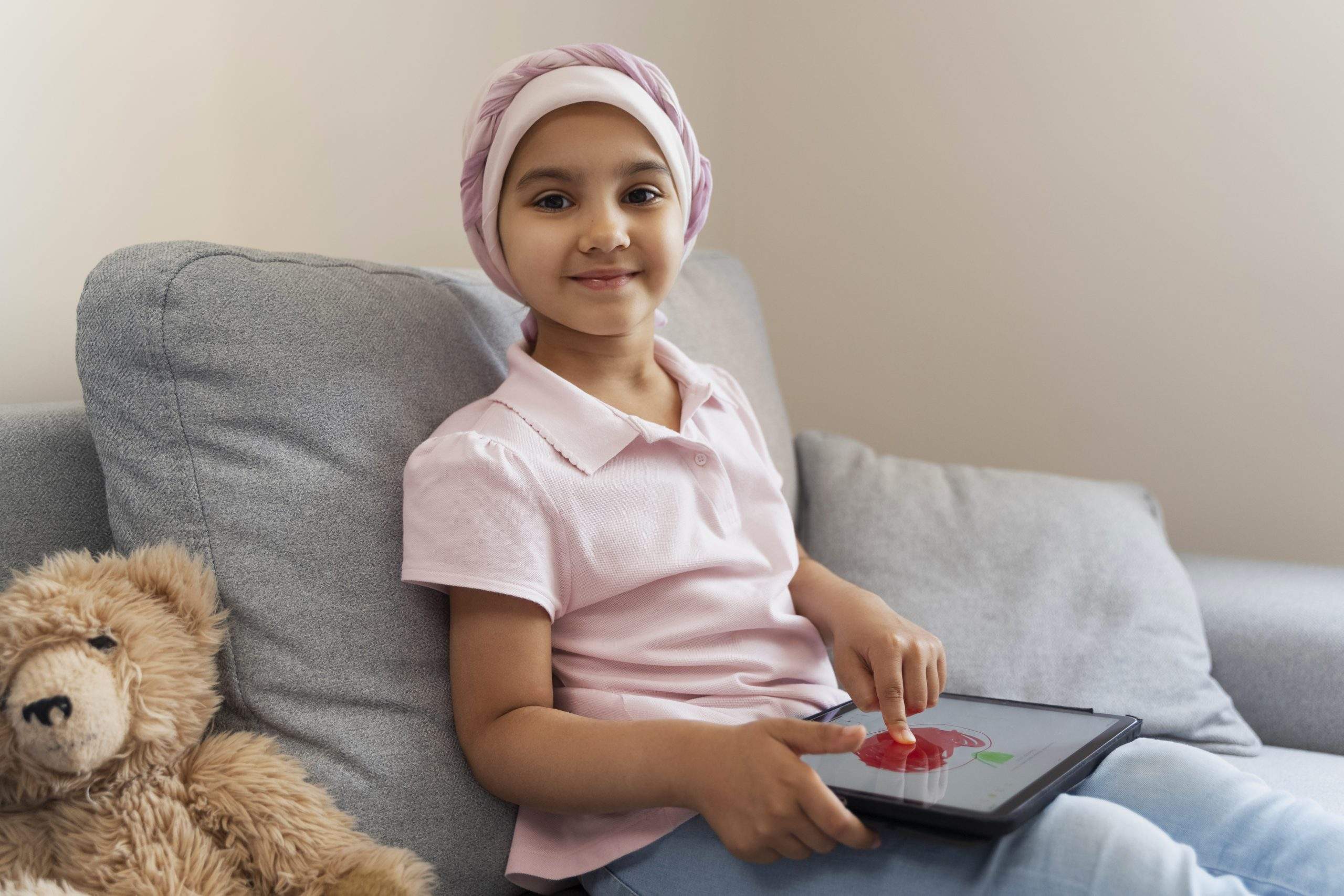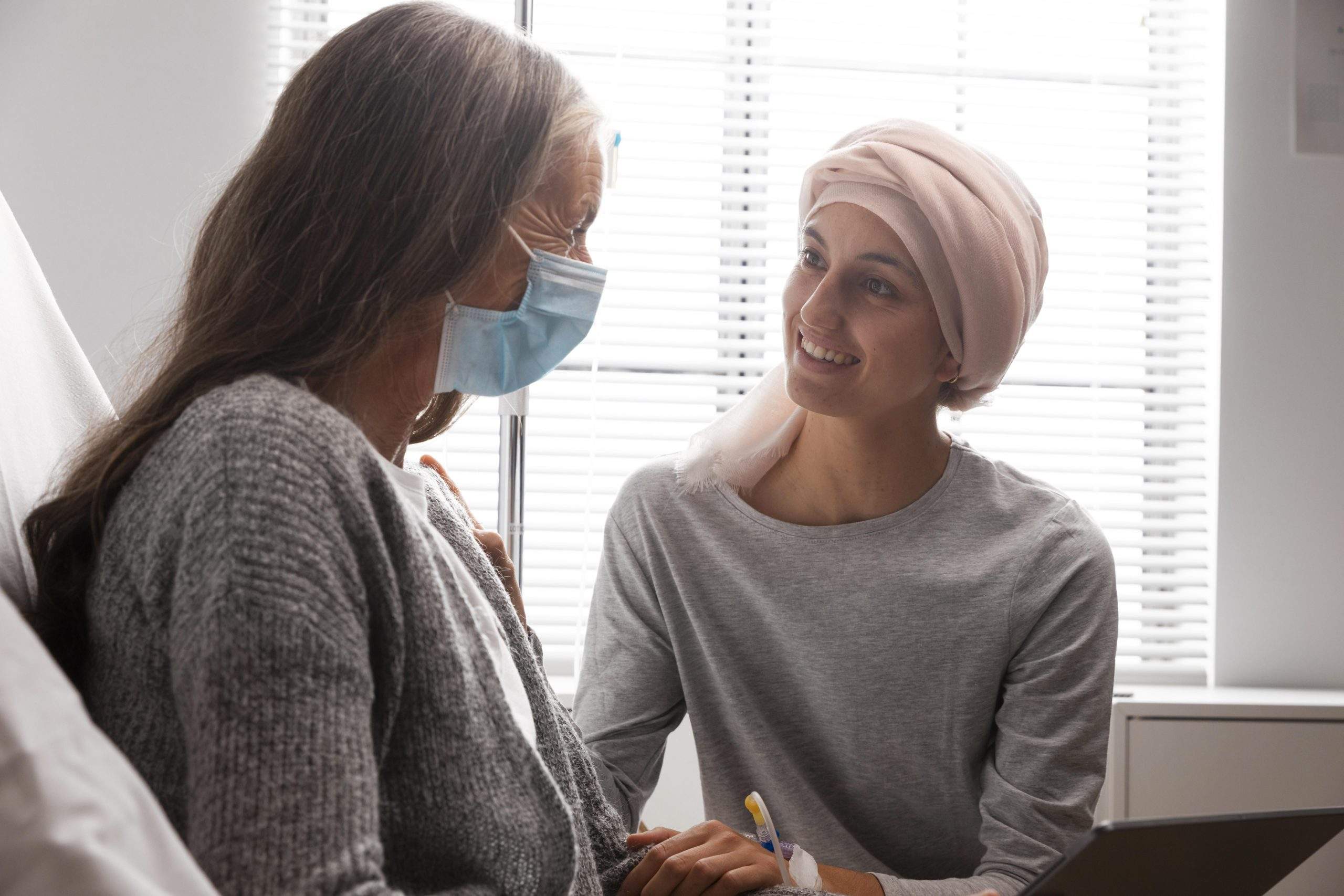Head and neck cancers are defined as cancer that arise in the head and neck region including the lips, mouth, nasal cavity, salivary glands, nasopharynx, oropharynx, hypo pharynx or larynx. Know signs and Symptoms as Early Detection Ensures Effective Treatment and Cure.
Symptoms and Signs of Head and Neck cancers
The clinical manifestations of head and neck cancer mainly depends on the location and extent of the tumour. Common manifestations of head and neck cancers include
- An asymptomatic neck swelling
- Painful nonhealing mucosal ulceration
- Visible mucosal lesion (eg, white patch, red patch, growth)
- Change in voice
- Difficulty in swallowing
- Unusual pain and bleeding in the mouth.
- Growth or swelling of the jaw
- Pain in throat, ear, and neck region
- Bleeding through the nose
Mouth(Tongue) Cancer
Lip Cancer
Neck Swellings
Most common
- Tobacco (smoked and smokeless tobacco products)
- Alcohol
Other risk factors
- Viral infections (Human Papilloma virus, Epstein-Barr virus)
- Prolonged sun exposure
- Poor dental hygiene
- Poor nutrition
- Weakened immune system
- Occupational exposure to asbestos, wood dust, pesticides, paint fumes
How to confirm cancer
- Clinical evaluation
- Tissue Biopsy
- Imaging tests and endoscopy to evaluate extent of disease
Treatment Modalities
- For early-stage cancer – Surgery or radiation
- For locally advanced cancers – Surgery, radiation with or without chemotherapy
- For very advanced cancers- Lifespan and quality of life can be improved with palliative therapy, radiation therapy, and chemotherapy or immunotherapy depending on the patient’s general condition.
Screening
- systematic clinical examination of the oral cavity
- Palpating the regional lymph nodes, tongue, and floor of the mouth. Any abnormality that lasts for more than two weeks should be re-evaluated and referred for biopsy
Preventive Measures
- Avoid smoking
- Quit consumption of oral tobacco
- Avoid or limit alcohol intake
- Reduce ultraviolet exposure
- Encourage the uptake of human papillomavirus (HPV) vaccination available to boys and girls 12–13 years of age (Administer missed doses or catchup courses up to age 19)
- Eat a balanced diet
- Maintain a good oral hygiene














